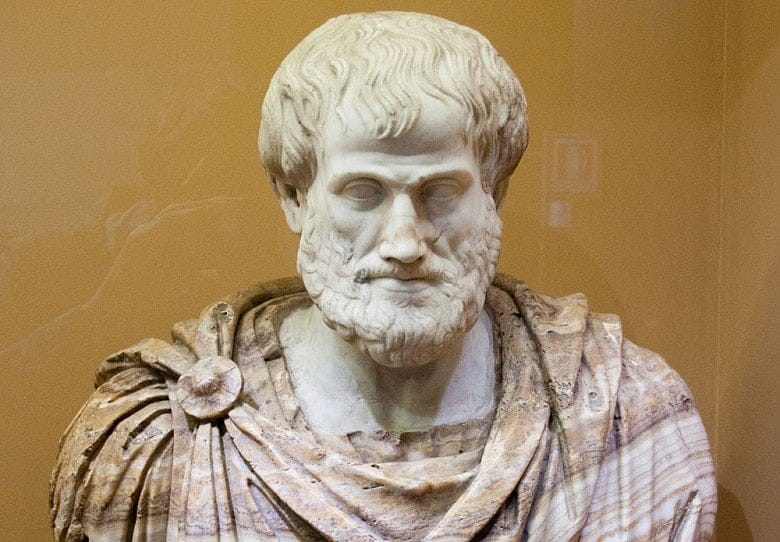Googling Aristotle on character

Being good is not in fashion. At least not in America, where notions of puritanical hypocrisy taint any claim of virtue as suspect, probably self-righteous, and perhaps even secretly malevolent. For many high school students, Arthur Miller's The Crucible remains the defining work for such judgments. But then came Columbine and a host of other tragic and horrific examples of being bad, or to put it accurately, being evil. "Don't be Evil" goes the Google mantra, and we all nod. Who could disagree with such a sentiment? Especially as it relates to schools.
As it turns out, good and bad character has been the subject of much thought long before Google founders Larry Page and Sergey Brin met at Stanford. Aristotle reflected on the nature of moral development in his Nicomachean Ethics, and his book remains the locus classicus of any informed ethical consideration. The notion of good habits, or virtues, is central to his philosophy of human behavior. These good habits have their counterpoint in bad habits, known as vices. A person with many good habits would be of good character and one with many bad habits would be of bad character. Of course, all of us want friends who fall into the first category.

